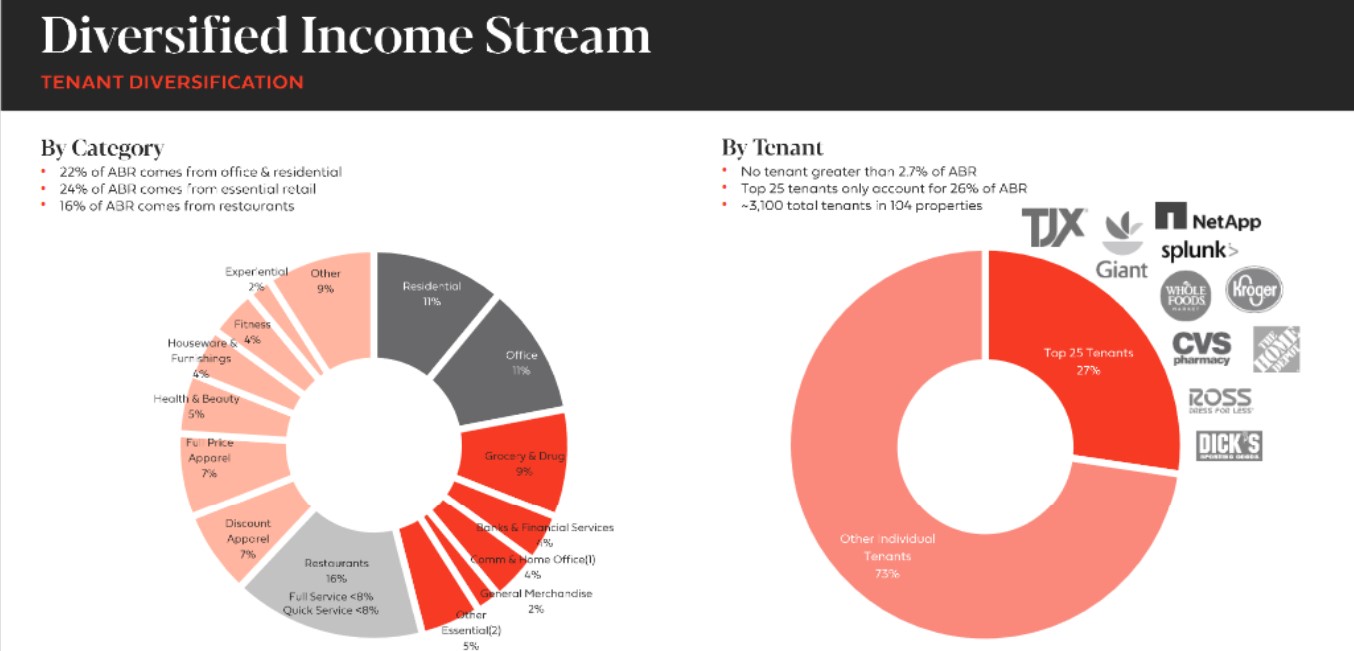
It is the ability of an asset to be bought or sold without changing its price. It can also be a way of determining how quickly you can make money on a trade or how easily you can sell your position after you've lost some of it.
What is the Forex Volatility?
Forex volatility refers to the rate in which a forex market or a particular currency changes due to events in the world, economic data, wars, political instability, etc. This can have a major impact on the forex market as a whole and traders should always be aware of the potential for fluctuating prices in their own currency pairs.
What is liquidity in forex?
Liquidity is the number of traders actively trading currencies on the forex market. This number can vary based on where the market is located and what time of day it's open.
The most popular way of assessing the liquidity of a forex security is by using the bid-ask spread. The bid-ask spread is the difference between what someone will pay the most for a security and what they are willing to sell it at. The smaller the spread, the more liquid the security.

Volume can also be used to determine the liquidity on a forex exchange. The higher the volume, the more liquid a security is.
Forex is a very liquid market, as banks and traders constantly buy and sell large amounts. This is an important factor in the forex market because it means there are always traders and banks ready to buy or sell.
Whether you're new to trading forex or an experienced investor, the liquidity of an asset can have a big impact on how profitable your trades will be. It's because, if there aren't enough buyers on the market to fill your orders, you're likely to lose money.
Liquidity providers are companies that make markets for currency pairs in behalf of financial institutions, corporations, or other professionals. They negotiate competitive spreads for their clients and with other professionals in forex.
In the forex, liquidity providers work with major commercial banks as well as other financial institutions. The liquidity providers can offer spreads more competitively than they would be able to on their own because they hold significant positions in the currencies on which they make market.

The forex market is also one of the most volatile markets in the world, which is why it's important to know the factors that can affect it. You can make better trading decisions if you are aware of the factors that affect it.
The forex market, which is the largest and most liquid in the world, also has the lowest risk for investors. This means that it's easier to turn money into cash, and you can avoid losing any money. To avoid losing money, traders need to be aware of all the risks that come with forex trading.
FAQ
What is a Bond?
A bond agreement between two people where money is transferred to purchase goods or services. It is also known as a contract.
A bond is normally written on paper and signed by both the parties. This document includes details like the date, amount due, interest rate, and so on.
The bond can be used when there are risks, such if a company fails or someone violates a promise.
Bonds are often used together with other types of loans, such as mortgages. This means that the borrower must pay back the loan plus any interest payments.
Bonds are also used to raise money for big projects like building roads, bridges, and hospitals.
The bond matures and becomes due. When a bond matures, the owner receives the principal amount and any interest.
Lenders are responsible for paying back any unpaid bonds.
What is a REIT and what are its benefits?
An REIT (real estate investment trust) is an entity that has income-producing properties, such as apartments, shopping centers, office building, hotels, and industrial parks. These are publicly traded companies that pay dividends instead of corporate taxes to shareholders.
They are very similar to corporations, except they own property and not produce goods.
What is a Stock Exchange, and how does it work?
Companies can sell shares on a stock exchange. This allows investors to buy into the company. The price of the share is set by the market. It is typically determined by the willingness of people to pay for the shares.
Investors can also make money by investing in the stock exchange. Investors are willing to invest capital in order for companies to grow. They do this by buying shares in the company. Companies use their money as capital to expand and fund their businesses.
Many types of shares can be listed on a stock exchange. Others are known as ordinary shares. These are the most common type of shares. Ordinary shares can be traded on the open markets. Prices of shares are determined based on supply and demande.
Preferred shares and bonds are two types of shares. When dividends become due, preferred shares will be given preference over other shares. Debt securities are bonds issued by the company which must be repaid.
Statistics
- "If all of your money's in one stock, you could potentially lose 50% of it overnight," Moore says. (nerdwallet.com)
- US resident who opens a new IBKR Pro individual or joint account receives a 0.25% rate reduction on margin loans. (nerdwallet.com)
- Even if you find talent for trading stocks, allocating more than 10% of your portfolio to an individual stock can expose your savings to too much volatility. (nerdwallet.com)
- For instance, an individual or entity that owns 100,000 shares of a company with one million outstanding shares would have a 10% ownership stake. (investopedia.com)
External Links
How To
How do I invest in bonds
A bond is an investment fund that you need to purchase. The interest rates are low, but they pay you back at regular intervals. These interest rates are low, but you can make money with them over time.
There are many options for investing in bonds.
-
Directly buying individual bonds.
-
Purchase of shares in a bond investment
-
Investing through a broker or bank
-
Investing through financial institutions
-
Investing via a pension plan
-
Directly invest through a stockbroker
-
Investing through a Mutual Fund
-
Investing with a unit trust
-
Investing through a life insurance policy.
-
Investing in a private capital fund
-
Investing in an index-linked investment fund
-
Investing through a Hedge Fund